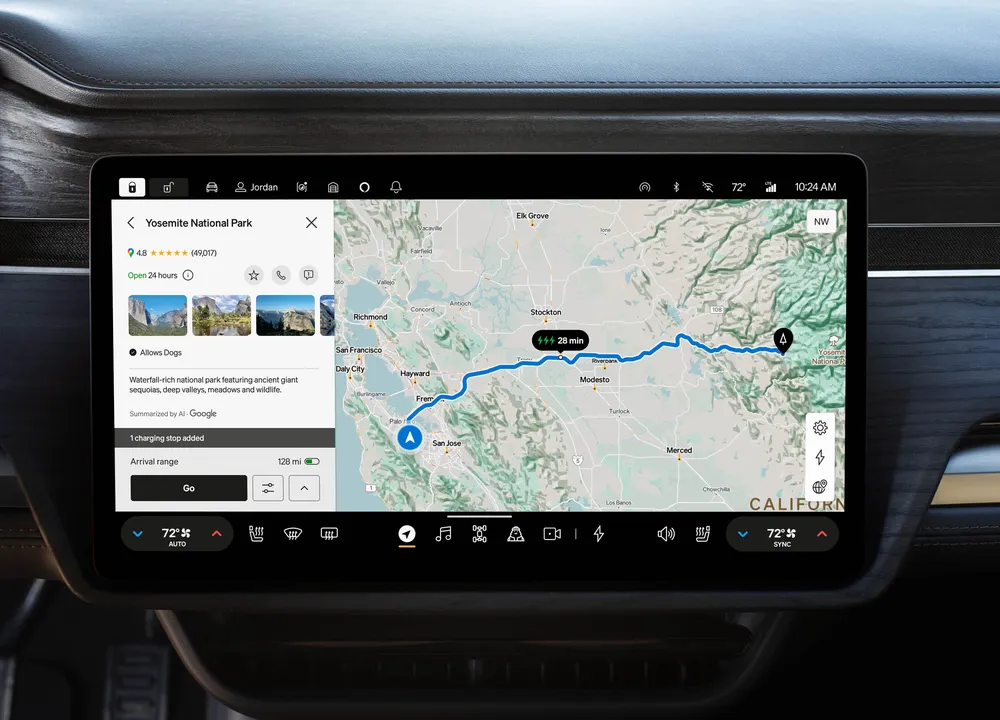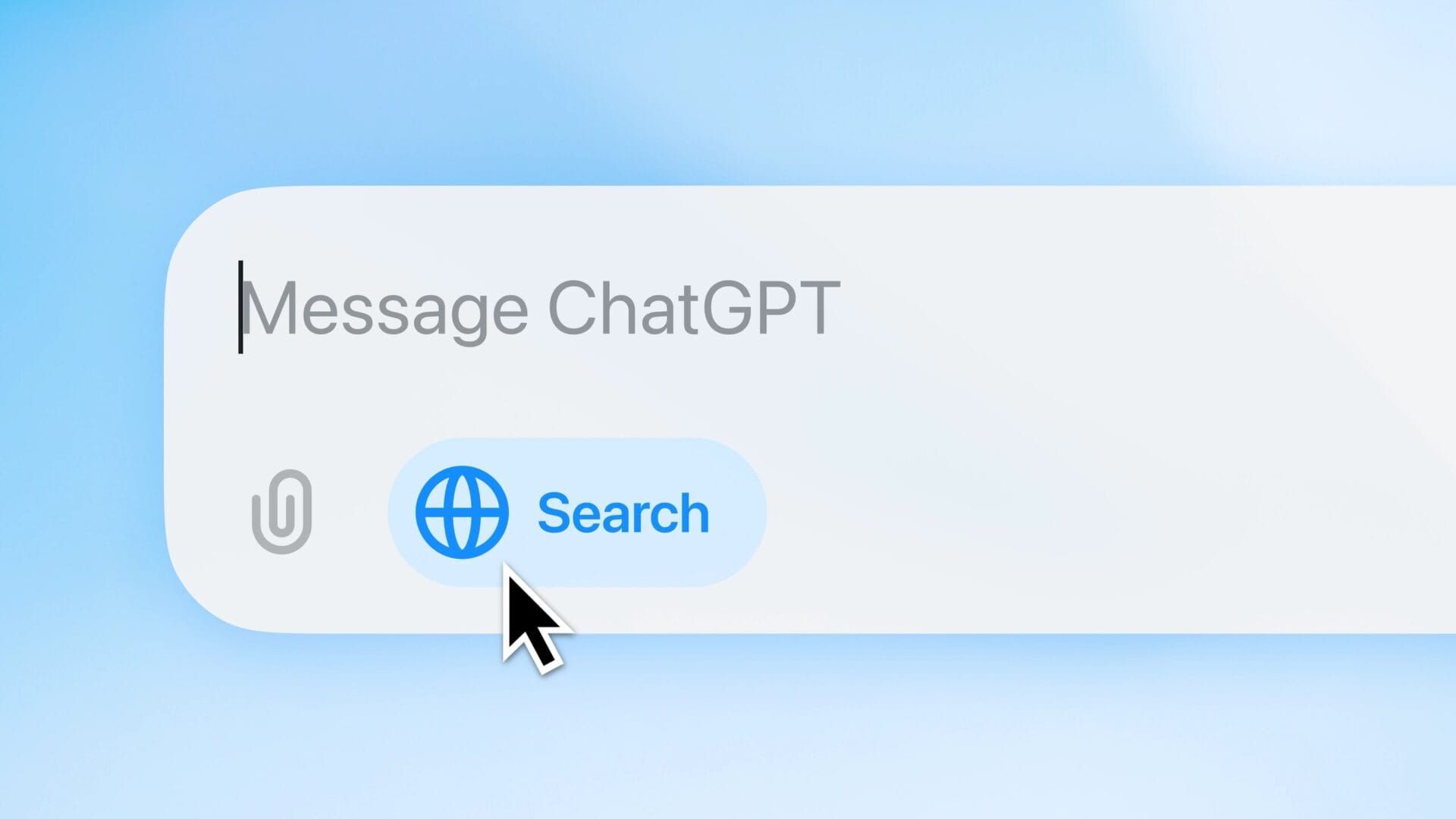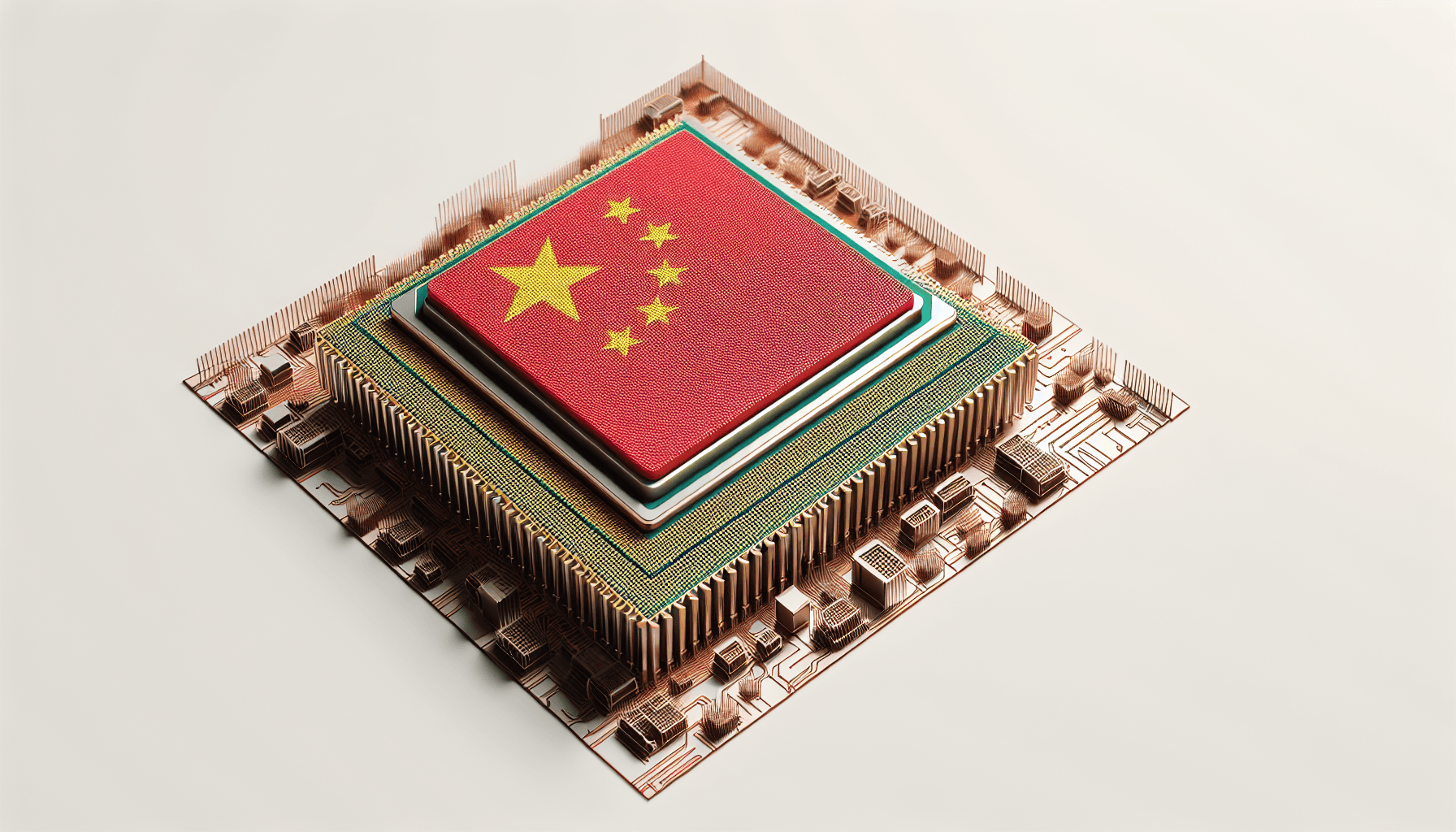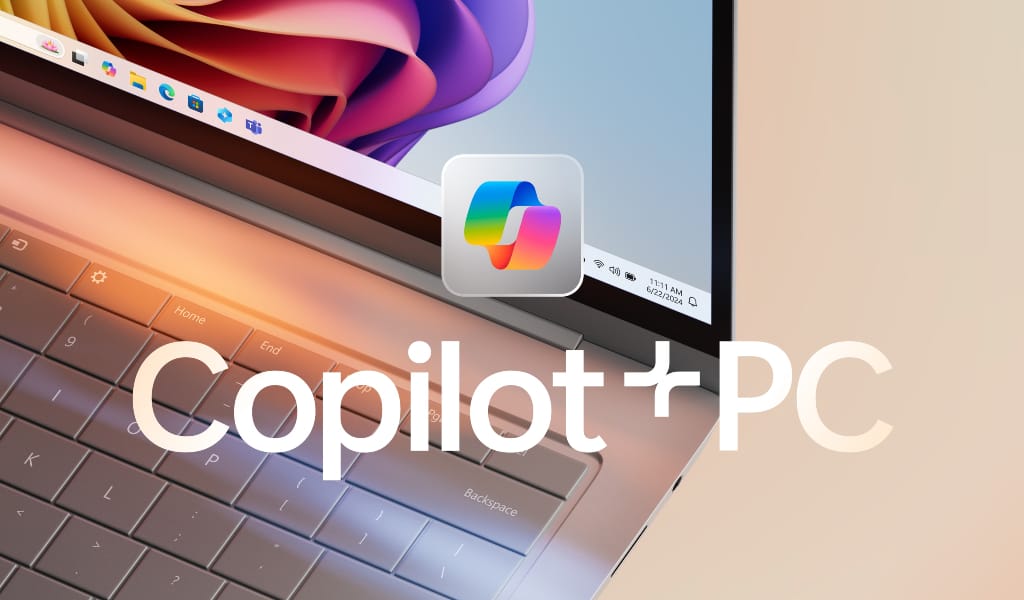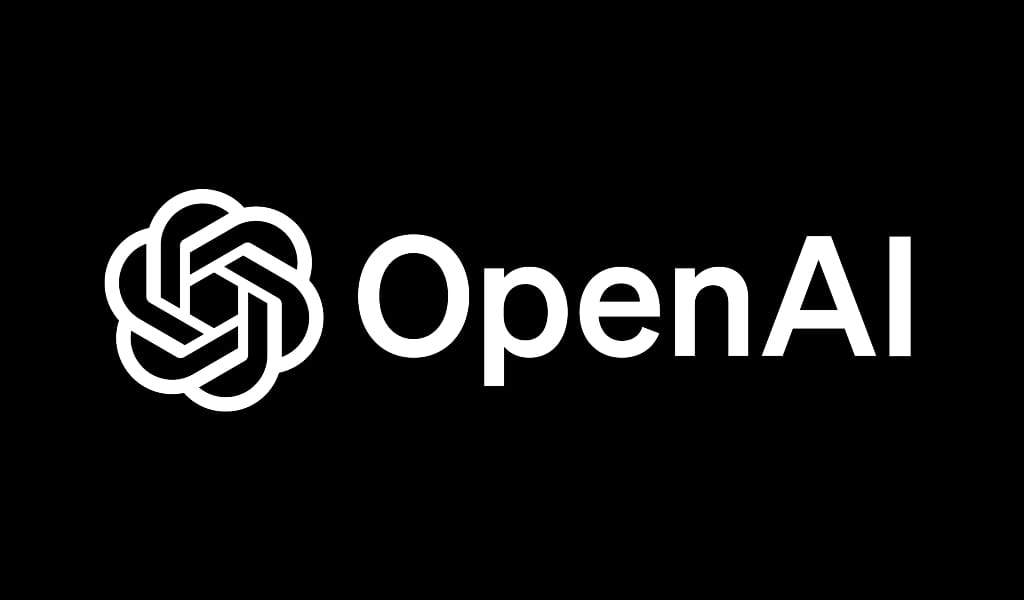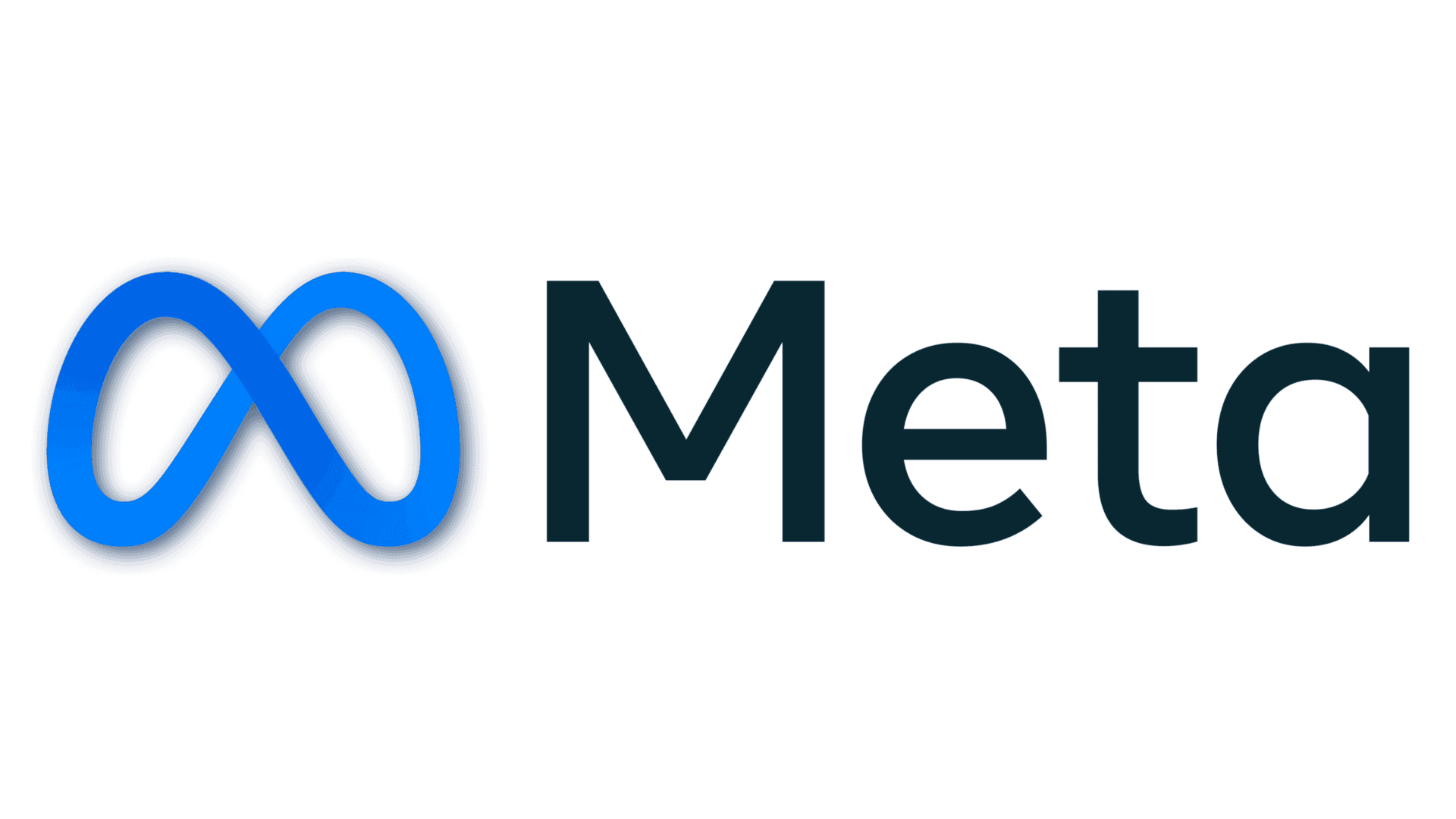Founded more than a hundred years ago as the Disney Brothers Cartoon Studio, The Walt Disney Company has evolved into a global powerhouse in the entertainment industry. Employing around 225,000 individuals, Disney reported revenues close to $90 billion and a net income exceeding $2.35 billion in 2023. Recently, the company is taking strides forward by creating a division dedicated to new technologies like artificial intelligence and mixed reality.
New Leadership
As per a special report from Reuters, “the media giant explores applications across its film, television, and theme park divisions,” thus it’s not surprising that Jamie Voris will head this new division. Voris previously served as Disney’s Chief Technology Officer, overseeing the app development for the Apple Vision Pro mixed reality headset. This newly formed group is called the “Office of Technology Enablement” and, although it starts with a small leadership team, it is expected to grow to around 100 employees fairly soon, according to a source close to Disney.
Focus on Emerging Technologies
Different divisions within Disney have been dabbling in AI and augmented reality for some time, but this new team will concentrate solely on these technologies. One promising area for advancement is enhancing augmented reality experiences in theme parks and even in customers’ homes, thanks to the latest lightweight glasses recently launched by Meta and Snap.
Market Insights
In 2023, the AR/VR headset market sold 1.7 million units, with Meta accounting for over 60% of those sales. Competitors include big names like Sony, Apple, and ByteDance, which is the parent company of TikTok.
The Meta Quest 3S 128 GB, bundled with Batman: Arkham Shadow and a three-month trial of Meta Quest+, is currently Amazon’s top-selling item in the Standalone Virtual Reality Headsets category, moving more than 10,000 units in just the past month. It is priced at $299, which includes free shipping and returns.


